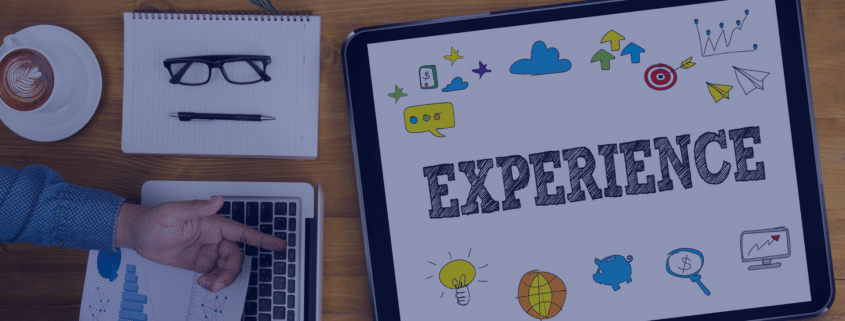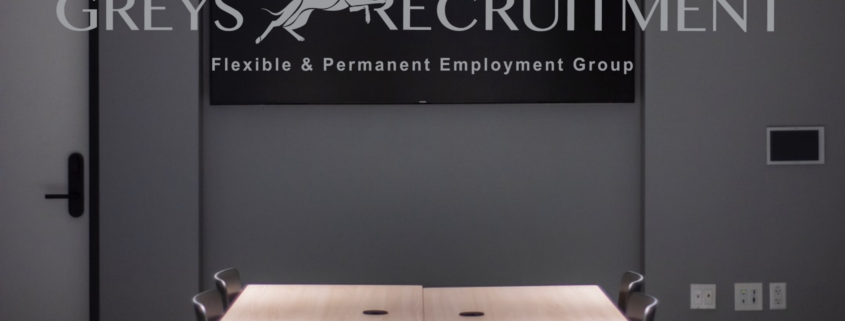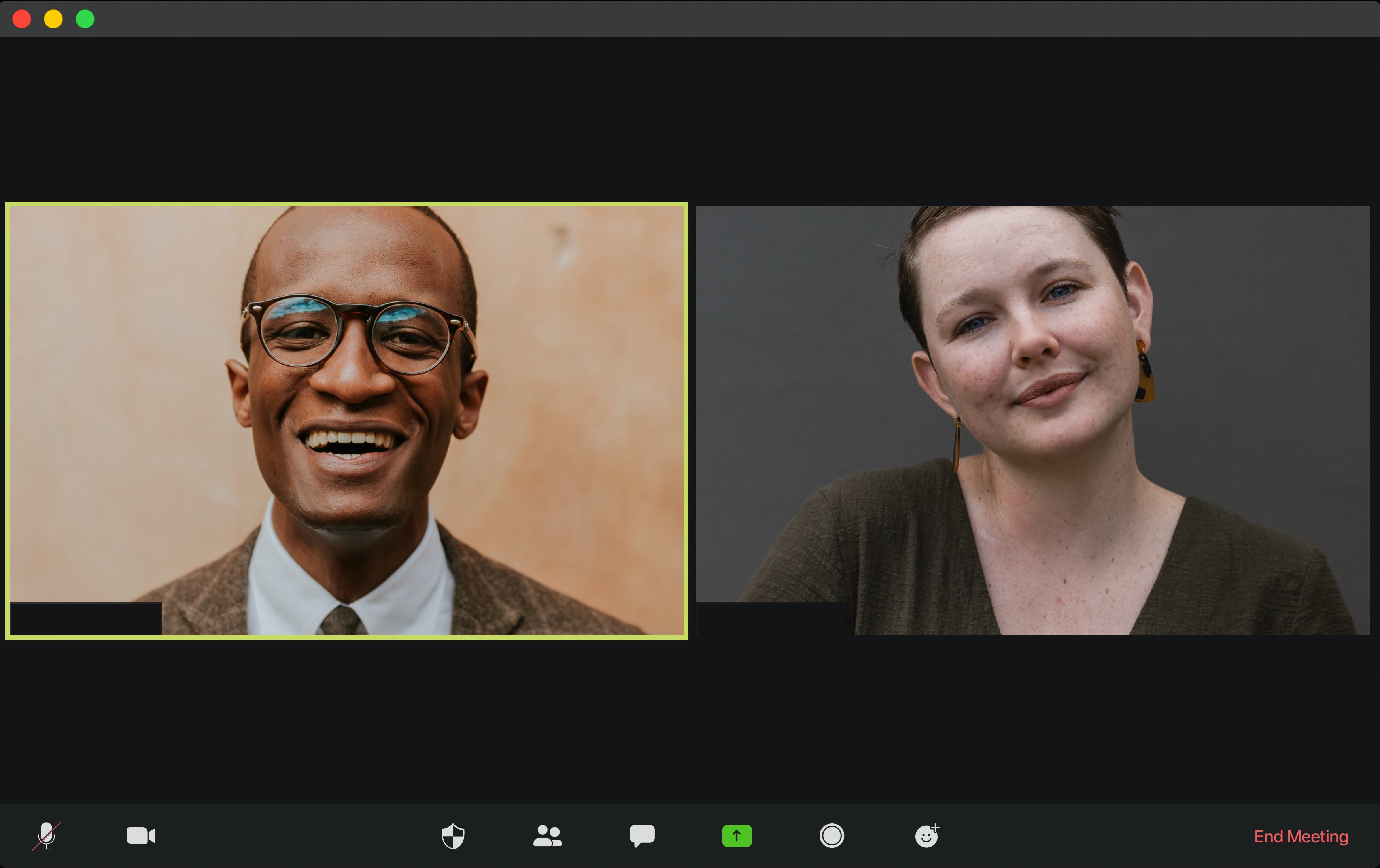What sets the best engineering recruitment agencies apart in South Africa
In South Africa’s rapidly evolving engineering sector, the demand for skilled professionals continues to outpace supply. From civil and mechanical engineering to electrical and industrial design, businesses across industries are competing for a limited pool of qualified talent. As a result, engineering recruitment agencies have become crucial partners for companies seeking to secure the best technical expertise.
But what truly distinguishes the best agencies from the rest? Why do some consistently deliver high-calibre candidates while others struggle to meet client expectations? Let’s explore the key traits that set the top engineering recruitment agencies in South Africa apart and how choosing the right partner can redefine your organisation’s workforce strategy.
Why choosing the right engineering recruitment agency matters
In a competitive market where engineering expertise drives progress, choosing the right recruitment partner can determine the success or delay of your projects. Engineering roles are highly specialised and the impact of placing the wrong candidate can ripple across production schedules, budgets and even safety standards. That’s why partnering with an agency that understands your industry’s unique demands is not just beneficial but essential.
Working with the right recruitment partner enables your organisation to:
- Gain access to scarce and specialised skills. From civil, structural and electrical engineers to automation experts and project managers.
- Reduce hiring timelines through established databases and proven screening methodologies.
- Ensure compliance with South Africa’s labour and safety legislation while mitigating hiring risks.
- Optimise costs and scalability with flexible staffing solutions tailored to project cycles, whether temporary, contract or permanent placements.
Beyond filling positions, a skilled recruitment agency helps future-proof your workforce. They understand your long-term objectives, anticipate upcoming talent needs and align hiring strategies with your operational goals.
What defines an excellent engineering recruitment agency
With so many recruitment firms promising access to “top engineering talent,” it can be difficult to distinguish between those that truly deliver and those that simply claim to. The difference lies in expertise, integrity and consistency. Understanding these differences can save your business significant time, cost and risk.
The best engineering recruitment agencies in South Africa do far more than fill vacancies. They operate as strategic partners, combining deep industry knowledge with robust recruitment processes to connect employers with the right people.
Here’s how to recognise a recruitment agency that stands above the rest:
1. They’re fully licensed, accredited and compliant
The best engineering recruitment agencies operate in full compliance with South Africa’s Labour Relations Act, Employment Services Act and all other relevant employment and safety regulations.
Beyond compliance, leading agencies like MASA go a step further by offering specialised IR and HR services. This means they’re not only familiar with current labour laws but actively engaged in monitoring and adapting to legislative and regulatory changes. As employment laws evolve, MASA ensures that both clients and candidates remain fully protected and compliant.
Top agencies are also typically registered with professional industry bodies such as the Federation of African Professional Staffing Organisations (APSO), reflecting a firm commitment to ethical standards, transparency and professionalism.
Always ask for proof of accreditation, compliance certificates or professional memberships. A top-tier agency like MASA will readily share this information and clearly outline how it manages contracts, payroll, disciplinary procedures and employee relations in line with South African labour law.
2. They understand engineering, not just recruitment
Successful engineering recruitment goes far beyond matching CVs to job titles. It requires a deep understanding of how engineering projects operate. The best recruitment agencies take the time to grasp the full picture of every role they fill.
That means understanding not only the technical skills required, but also the environment, scope and objectives of the project. A skilled recruiter will ask insightful questions about your operations, project timelines and even the tools and technologies your team uses. This ensures they source candidates who can perform effectively within your specific context, not just on paper.
During consultations, take note of the recruiter’s questions. Do they dig into project specifications, compliance requirements and the realities of your site operations? A top engineering recruitment agency will demonstrate a clear understanding of your industry because finding the right talent starts with understanding the work itself.
3. They use rigorous screening and quality assurance
In engineering, precision matters and the same should apply to recruitment. The best agencies don’t flood clients with CVs. They deliver a select shortlist of thoroughly vetted, job-ready professionals who meet both technical and operational requirements.
Leading recruitment partners apply a multi-stage screening and quality assurance process designed to ensure that every candidate presented can perform safely, efficiently and effectively from day one.
Comprehensive screening may include:
- Verification of engineering qualifications, trade certifications and professional registrations.
- Compliance and safety readiness checks, ensuring candidates meet site-specific or industry standards.
- Behavioural and cultural alignment evaluations to ensure a good fit within your team and company values.
- Professional reference checks to confirm proven experience and reliability.
This meticulous process significantly reduces hiring risk, ensuring that every placement strengthens your team rather than adding uncertainty.
Ask your recruitment partner to explain their vetting and quality control process in detail. A reputable agency will have a transparent, well-documented framework for candidate assessment and will confidently outline how they maintain consistent standards across every placement.
4. They have a proven reputation built on experience
In recruitment, experience is everything. The most trusted agencies have spent years refining their methods, building networks and adapting to changing market and labour conditions. This depth of experience allows them to anticipate challenges, make faster, more accurate hiring decisions and deliver consistent results.
An established agency like MASA, with over four decades in the recruitment and HR outsourcing industry, brings credibility, stability and a proven ability to match talent with opportunity.
Choose an agency with a long track record of client partnerships, positive testimonials and measurable results. Experience isn’t just history. It’s the foundation of reliable, high-quality recruitment.
Building South Africa’s engineering future through strong partnerships
The ability to attract, retain and empower skilled professionals determines whether projects progress smoothly or stall under pressure. That’s why choosing the right recruitment partner isn’t just a procurement decision but a strategic investment in your organisation’s future.
The best engineering recruitment agencies don’t wait for opportunities to appear.They anticipate them. They understand the flow of the South African market, keep pace with evolving labour legislation, and adapt their approach to meet the realities of a constantly changing workforce. These are the qualities that turn a service provider into a true partner.
If your organisation is ready to strengthen its engineering workforce and secure lasting talent advantage, MASA can help you do it right. Partner with MASA today to discover a smarter, more strategic approach to engineering recruitment.













